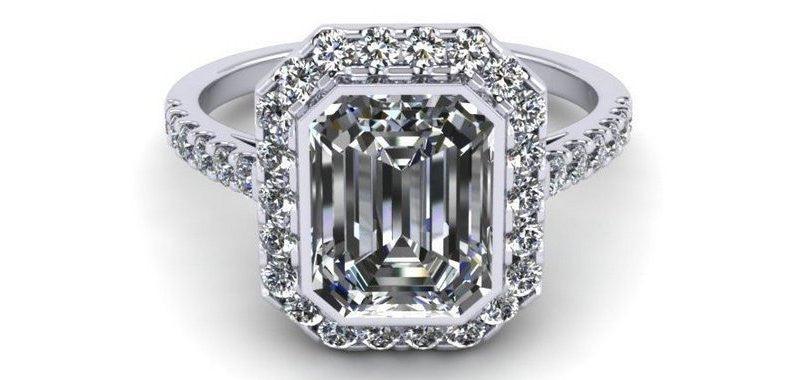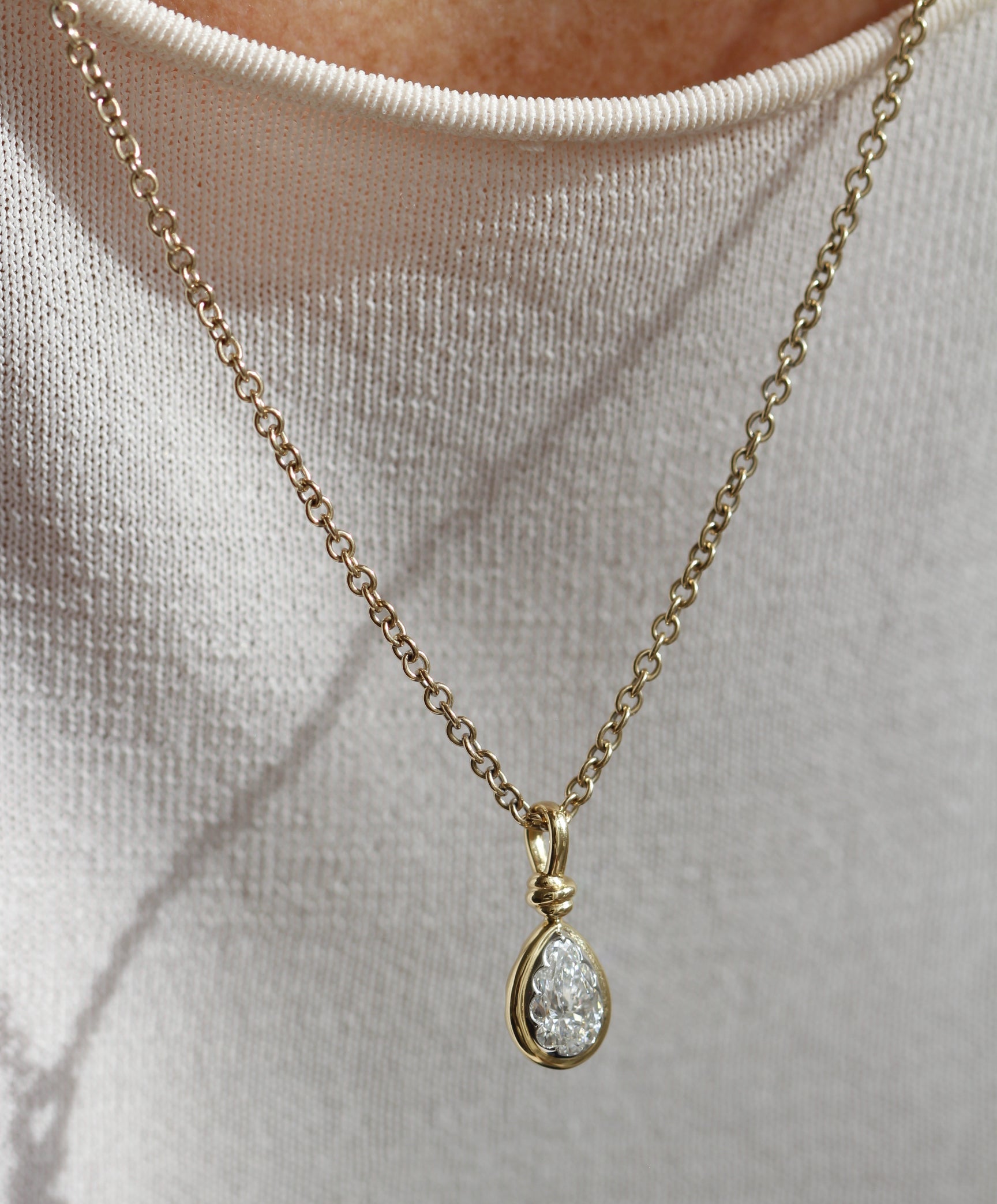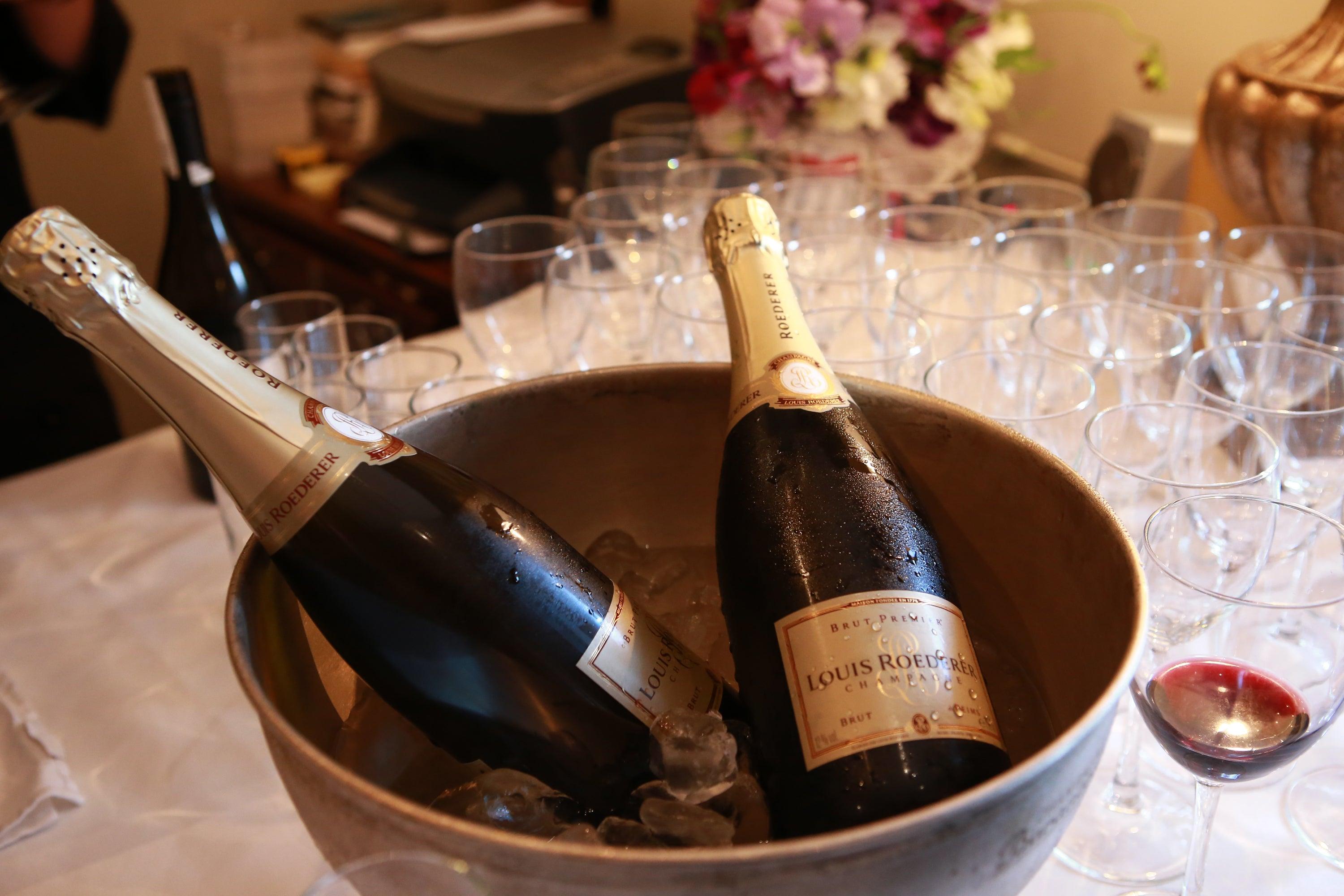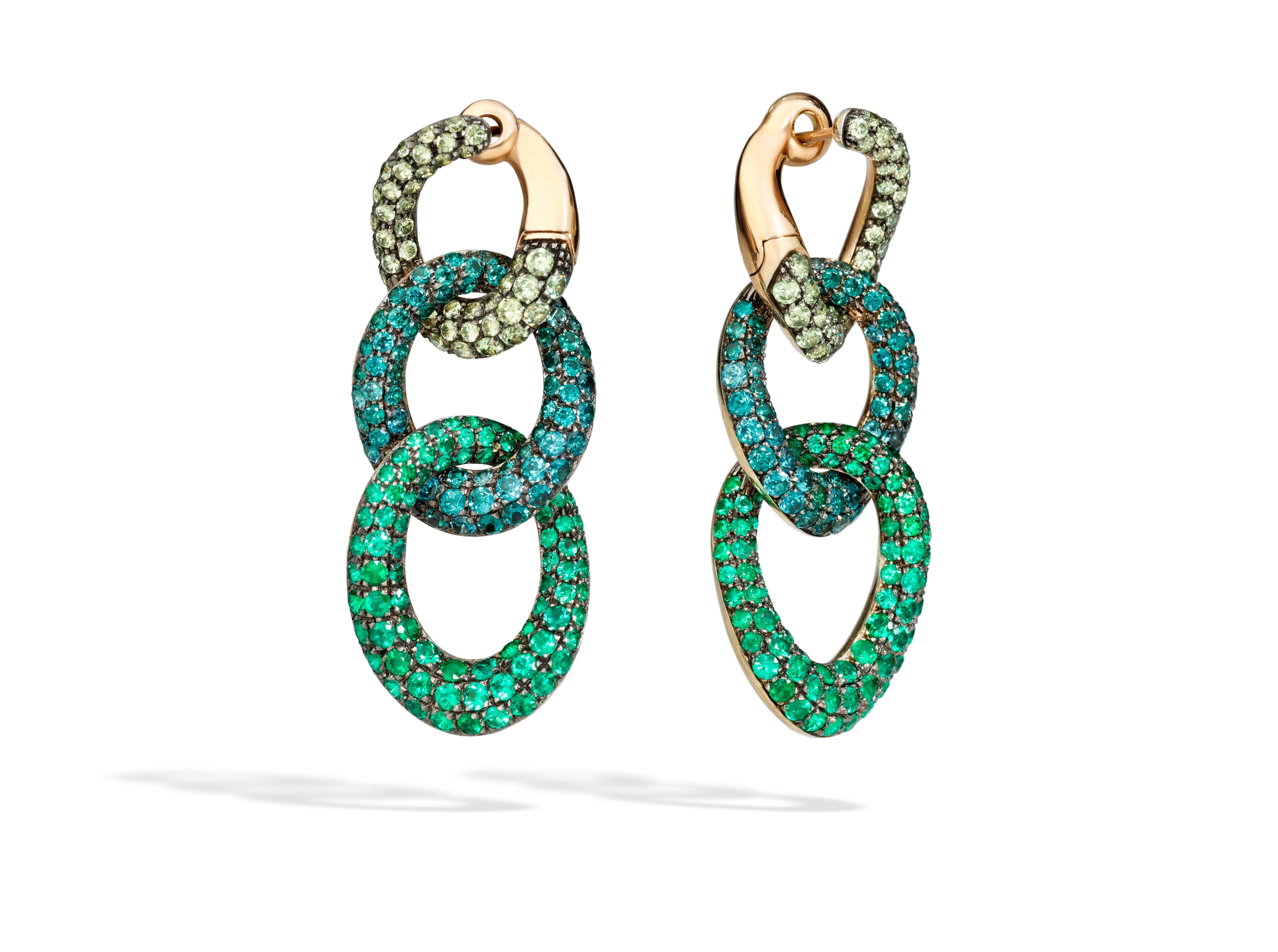
Engagement Ring ‘Cut’ Trends 2015
New trends emerging this season are the use of ‘Fancy Cut’ center stone diamonds. I have noticed at Orsini a growing trend of women requesting to try on rings with fancy cut center stones. I think it is important to understand some of the characteristics of these cuts, as there are important aspects to be consider when choosing a fancy cut.
The fancy cuts can be broadly grouped into four categories: modified brilliants, step cuts, mixed cuts, and rose cuts.
Modified brilliants include the marquise (or navette which is French for “little boat”, because it resembles the hull of a sailboat, interestingly at Orsini we call our ring design with the Marquise diamond the ‘gondola’ after the famous Italian Venetian boat), heart shaped, triangular trillion (also trillian or trilliant), oval, and the pear or drop cuts.

Step cuts are stones with either square or rectangular outlines and whose facets are rectilinear and arranged parallel to the girdle. These stones often have their corners truncated, creating an emerald cut (often applied to the emerald gemstones) with an octagonal outline. This is done because the corners are points of weakness where a diamond may cleave or fracture. The slender, rectangular ‘baguette‘ cut (originating from the French loaf of bread) is the most common form of the step cut, usually used as an accent stone to flank the sides of a larger central stone. Step cut stones are generally not as bright and fiery as the round brilliant cut stones. When choosing a emerald cut diamond it is important to get higher grades of clarity, whiteness, and polish.
Mixed cuts combine aspects of both (modified) brilliant and step cuts: they should combine the weight preservation and dimensions of step cuts with the optical effects of brilliants. Typically the crown is brilliant cut and the pavilion step-cut. Interestingly mixed cuts are all relatively new, with the oldest dating back to the 1960s. The mixed cuts are commercially proving to be very popular, particularly the princess cut. I have had a growing interest in the radiant cut, combining aspects of the emerald cuts rectangular shape with more faceting of the princess cut.

The old fashioned rose cuts are seldom seen nowadays, except in antique jewellery. Like the older style brilliants and step cuts, there is a growing demand for rose cuts, however they are usually used for the purpose of repairing antique pieces.
Below is an alphabetical list of all the various cuts for diamonds or gemstones:
Antwerp rose cut
Asscher cut
baguette cut
Barion cut
brilliant cut
briolette cut
cabochon
cushion
double Dutch rose cut
emerald
Flanders cut
heart brilliant
king brilliant
kite brilliant
lozenge cut
magna brilliant
marquise cut
obus cut
oval brilliant
pear brilliant
pendeloque cut
princess cut
radiant cut
rose or rosette cut
round brilliant
single or eight cut
step cut
square emerald
star brilliant
trapezoid or trapeze cut
trilliant or trillion or triangle cut
brazilliant cut
The most popular diamond cut by far still remains the round brilliant cut. Diamond cutters improve cutting techniques year upon year, these advances on light behavior and precise mathematical calculations optimize the fire and brilliance of a round diamond. Interestingly a round diamond will typically give you more flexibility in terms of balancing color, cut and clarity grades while still getting the fire and brilliance you want. If a sparkly diamond is of the most importance when deciding on a diamond shape you cannot go past the round brilliant diamond. Fancy cuts, may be an emerging trend, however I still remind my clients of the classic beauty of a stunning round brilliant cut if you are after maximum sparkle!

Sarah x






